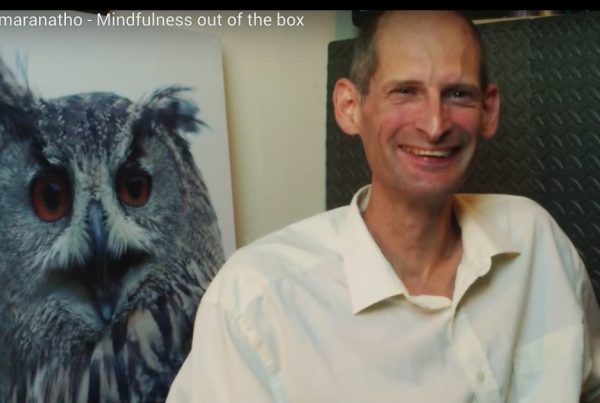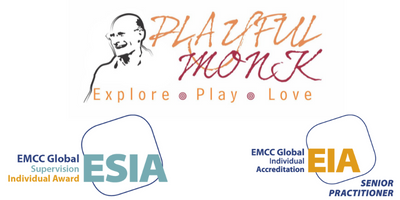This is a book review of the Sacred Mirror:
Nondual Wisdom and Psychotherapy,
which was translated into Dutch for the magazine Inzicht.
This skilful and well written book asks the questions how does awakening affect psychotherapists, how does this influence psychotherapy? The seasoned clinicians like Stephan Bodian Sheila Krystal, John Prendergast, share how they define and apply non-duality to their practice with some very good examples of working with clients.
It also asks two innovative western non-dual teachers Adyashanti and Peter Fenner for their critical opinion of how does spirituality fit with psychology? As Adyashanti clearly says and is repeated a number of times in the book from the clinicians, if you want to apply this to your practise – “Be awakend yourself.” Whilst Fenner is suggesting non-dual therapy focus on “awakening an experience of the unconditioned mind for the therapist and client.”
This seminal book is a conversation among friends each sharing how they see this new field, it is an exploration of the journey so far. It was a great relief to hear the message repeated there is no non-dual therapy and there is no set of instruction which you can follow to do it.
The essence of the book for me is as about relationship as John Welwood writes “On the human plane, our lives evolve and unfold through the relative play of duality—otherwise known as relationship.” We can bypass internally by not developing a relationship to having body and missing out on the wonders of the embodied lived experience or externally by denying ourselves the willingness to engage in the messiness of the beautifully complex world we live in. Why would do that?
John Predndergast suggests this lies in our childhood because of the need to be seen, to be welcomed. He goes on to quote Winnicott an eminent British psychologist who observed
“..that if a child first encounters a mother’s chronically unresponsive face, then the subsequent experience of an actual physical mirror will be of “a thing to be looked at but not to be looked into.”
As I read the book I was reminded of my time as young trainee Buddhist monk, being asked if I was interested in psychotherapy? I had looked at my personality but not looked into it. I ignored the request, as I headed back to my hut in the forest. “I don’t need that” said the inner dialogue “there is nothing wrong with me, and anyway the Buddha’s teaching of non-self, of awareness is a cure all – isn’t it?” I soon entered small group therapy, then one to one and now in supervision, it changed my life and in reflection nothing has changed – how could it?
The Sacred mirror is the dynamic dance between therapist and client where maybe for the first time the whole of the client is seen and for the therapist they can relax into not-knowing.
This book is essential reading for psychotherapist, coaches, and it can help you reflect on your own style of engagement. For clients that are stuck in therapy it can offer hope that you can complete. For the those caught in spirituality it can offer perspective and it reassuringly offers adviata experts there really is nothing to do.
With it’s excellent introduction, you may find after the third chapter the book a bit repetitive this long book is well worth the read to the end, to see the nuisances of how non-dual presence can be used. I look forwarding to reading the next compilation.
Image by Julius Silver from Pixabay




